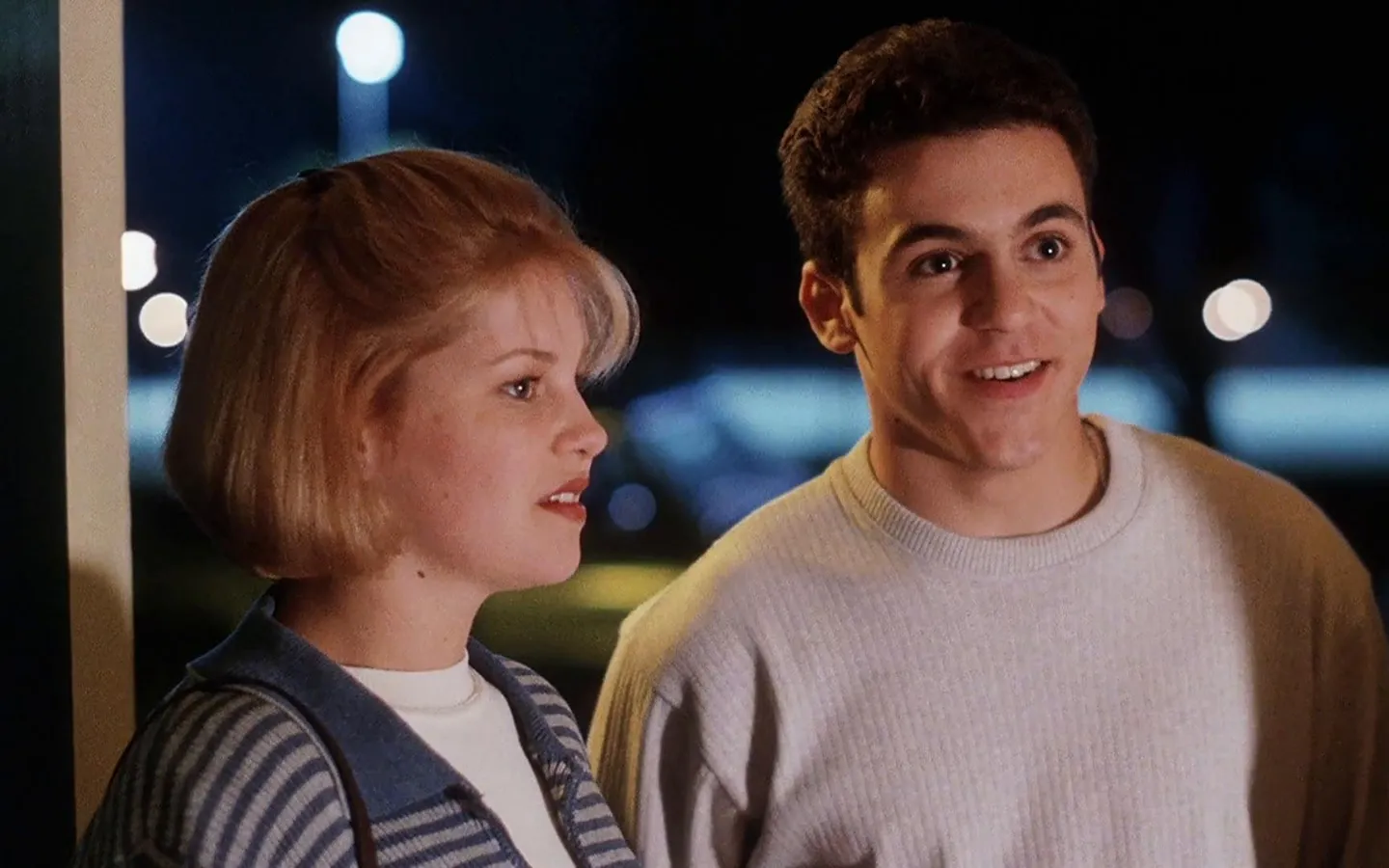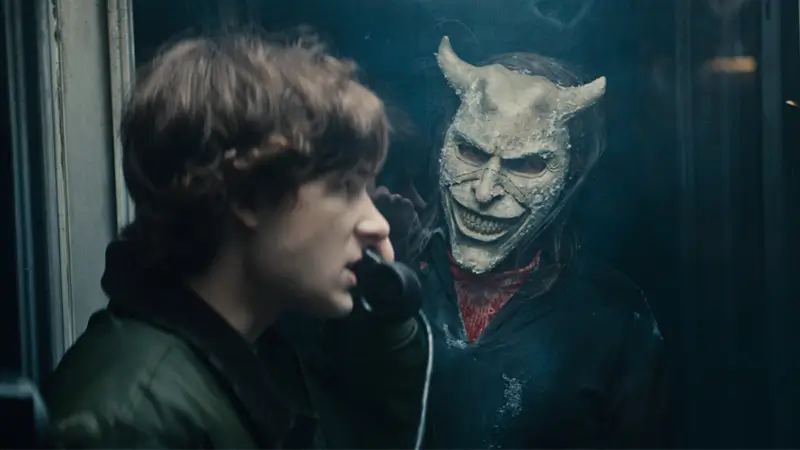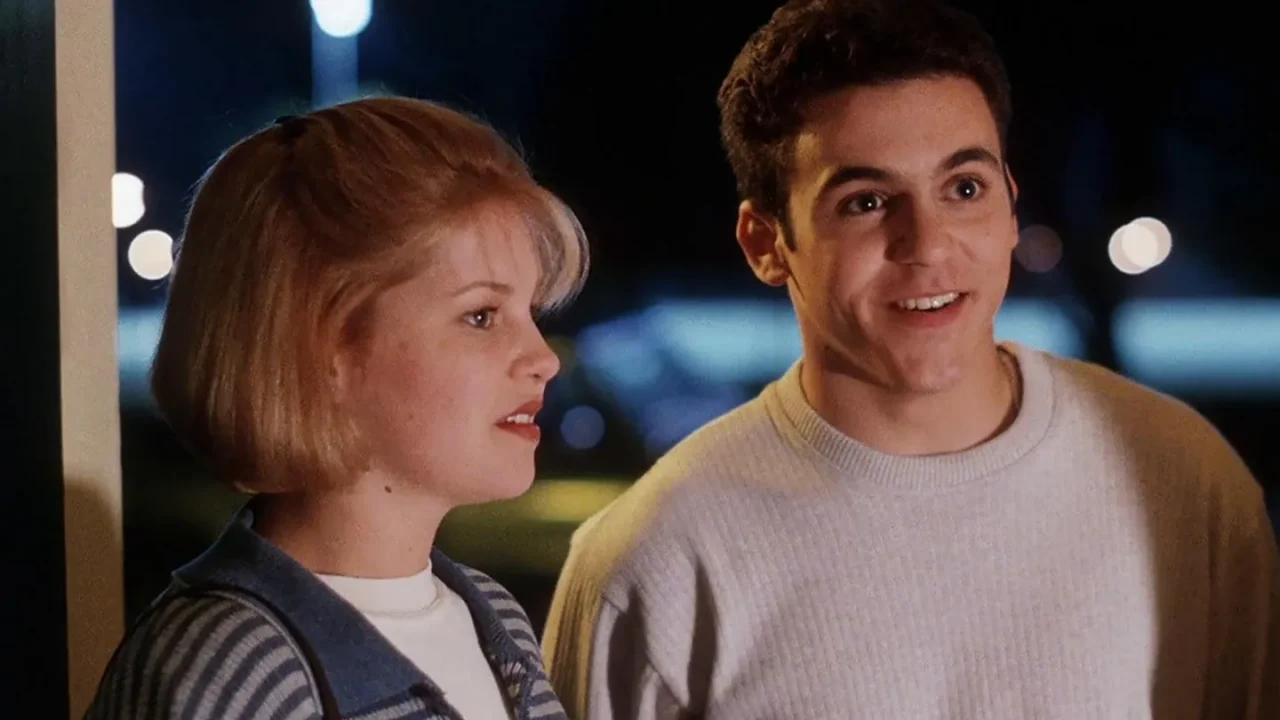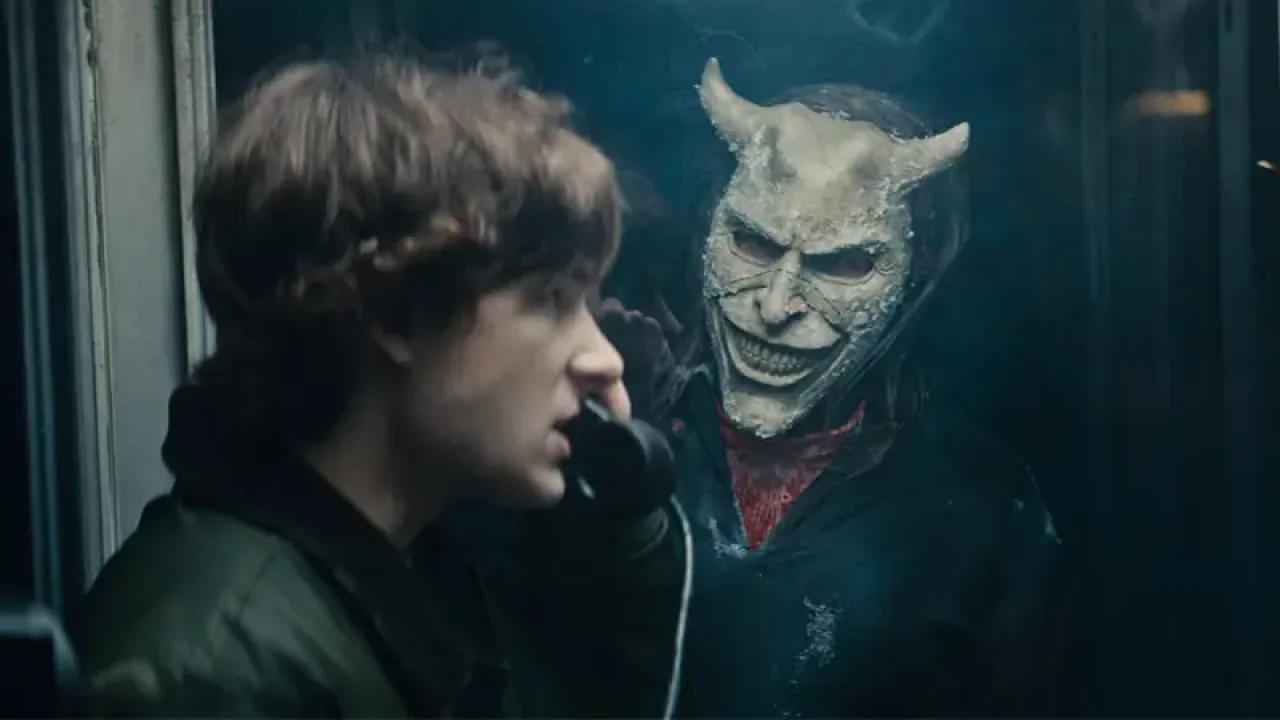James Gunn’s mission was nearly impossible: to make audiences care about Superman again. After a decade of Zack Snyder’s failed attempts to create a new DC Universe, filled with dark films disconnected from the essence of the comics, the director needed not only to reinvent the most iconic comic book hero, but also to restore the trust of an audience tired of broken promises. The good news is that Superman, opening this Thursday, the 10th, does exactly that by embracing what has always made the character special: his unwavering humanity amid chaos.

Directed by Gunn himself, the filmmaker behind Guardians of the Galaxy, the film doesn’t waste time telling the character’s origin story. Thankfully, that’s quickly handled at the beginning with a practical and to-the-point context. The focus of the new film—which also serves as the official reboot of the DC Universe on the big screen, even after The Suicide Squad and Shazam!—is to reframe who this hero is and leave behind all that Martha stuff, the grim tone, and snapped necks. This is a new Superman. A new DC.
Look up!
Clark Kent (David Corenswet) works at the Daily Planet and lives a double life. He’s not just a journalist, but also a metahuman. He’s a powerful superhero who tackles both big and small problems in the city—from stopping a giant lizard to saving a squirrel from being stepped on. In other words: he does everything he can to prevent living beings from getting hurt, even if that means ignoring politics and politicians.
However, two problems get in his way. First, there’s Lex Luthor (Nicholas Hoult), a billionaire who hates Superman and will do anything to erase him from Earth. With that in mind, he starts questioning the hero’s actions and what his real intentions are on the planet. The second problem is a war that breaks out between two countries, and Kent insists on getting involved. He wants to stop it before it escalates—even if it goes against his very existence and global policies that say heroes shouldn’t intervene.
This is the heart of Gunn’s film. A character who isn’t just throwing punches or dealing with multiverse troubles, but facing existential questions—even if they’re interrupted by an alien dog biting his ankle. The entire narrative surrounding Clark is unexpectedly grounded and relatable through his pain and emotional struggles. He becomes a hero who’s emotionally vulnerable: how to handle political pressure? How to process the explosion of his homeworld? What should he do with the message his parents left him?
The real Superman
Curiously, despite these deeper themes, Superman doesn’t fall into a dark tone. In fact, it’s far from anything Zack Snyder did before. The issues are real and powerful, with genuinely emotional moments, but everything still carries a whimsical tone typical of DC comics. The colors are brighter, and Gunn—like he’s done before—has no fear of embracing decisions that might be cheesy or bizarre. After all, it’s a world where heroes in tights fight giant lizards!
In other words: being cheesy or overly emotional at times is a plus. Cinema got used to a binary superhero world where only two paths seemed possible: Marvel Studios’ grand universal and “multiversal” dilemmas, or DC’s dark (and very messy) path. Gunn returns to the classic Superman of Christopher Reeve, George Clooney’s nipple-suit Batman, or Jack Nicholson’s Joker to bring back an uplifting, exaggerated, and flamboyant tone.
At the same time, there’s an emotional layer that softens the story as a whole. It’s a tricky formula, but Gunn balances it well. Action never overshadows humor, comedy never undermines fight scenes, and adventure never outweighs family drama. In the end, despite a few bumps, Superman rediscovers his soul and heart with some well-placed punches, clever jokes, and an existential drama that makes total sense for an alien sent to another planet as a baby.
War and politics
Still, despite the film’s overall success, it makes one troublesome misstep. At a time when real-world news is dominated by the conflicts between Ukraine and Russia and, more prominently, between Palestine and Israel, Superman chooses to tackle a war between two fictional nations. The problem is, they’re not that fictional: the invading country is a clear stand-in for Russia, while the invaded one strongly resembles Palestine. That, understandably, creates discomfort.

After all, from the start, these two countries are portrayed through their most extreme stereotypes. The Russian president—who, to be clear, isn’t actually Russian—is a complete jerk who seems to have less authority than a fly. Meanwhile, the imaginary Palestine is depicted as such a vast desert that even the people of Metropolis (or is it the United States?) don’t understand why it’s a disputed territory. Like it or not, Gunn injects a dose of real-life politics into Superman’s world, which throws the film’s balance off.
And, of course, it’s worth noting how the heroes (all from Metropolis, by the way) are positioned as decisive actors in this war—as if fictional Russia and Palestine couldn’t solve their problems without outside intervention. It feels like a flashback to old-school American interventionism.
Still, aside from that, Superman is a breath of fresh air in superhero cinema. At a time when everything feels off-balance, with heroes struggling to find their place on the big screen, Superman arrives as an emotional, goofy, cheesy, exciting, and sincere film. It’s far from a masterpiece, but it works—and brings heart. In such messy times for the seventh art, especially blockbusters, that’s already a big win.











